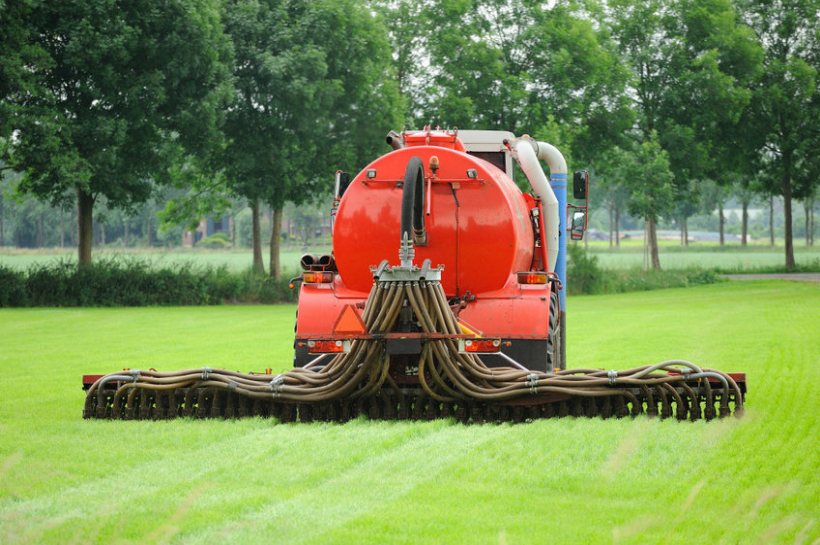
Farmers in Wales say they are being pushed to breaking point by “intolerable” water quality rules, after the Welsh government again refused to ease restrictions despite months of lobbying.
NFU Cymru said it was “deeply disappointed” that pleas for flexibility in the Control of Agricultural Pollution Regulations had once again been ignored.
At the heart of the dispute is the “closed period” – a blanket ban that stops farmers from spreading slurry or nitrogen-rich fertilisers between certain dates each year to cut nutrient run-off into rivers.
While the policy is designed to protect water quality, farmers argue the fixed calendar dates take no account of weather patterns or on-farm conditions.
During a recent Water Quality Summit, organised by Welsh government, NFU Cymru’s president Aled Jones renewed his call for urgent changes to the rules.
He described the latest four-yearly review, completed in March, as a “missed opportunity” that failed to recognise the “sheer desperation of farmers in Wales grappling with the impracticality and complexity of the rules.”
Jones warned that farming families were already struggling with “staggering costs and an unworkable regulatory burden” which threatened business viability and wellbeing.
Rather than offering relief, he said ministers were preparing to add “additional regulations, including for soils, nutrient management planning and air quality.”
The prolonged dry weather of 2025 has also piled on pressure. Many farmers were forced to take late silage cuts, leaving them unable to empty slurry stores before the closed period began on 15 October.
“This, yet again, highlights why an inflexible farming by calendar approach to regulation does not work,” Jones said, adding that pleas for flexibility had “fallen on deaf ears.”
NFU Cymru has also highlighted the steep financial toll. A survey of more than 400 farmers last year found that 84% said the closed periods were damaging their businesses.
Of the 65% who had already invested in infrastructure or planned to imminently, the average cost of that investment was around £100,000.
Environmental campaigners argue that tough rules are essential to tackle pollution in Welsh rivers, where agricultural run-off is a major contributor.
Public pressure for cleaner water has fuelled the Welsh government’s determination to hold the line, despite farmer anger.
The government has promised a “collaborative approach” through a new Task & Finish Group, but NFU Cymru says it will continue to push for changes.
“We remain clear, for many farmers, the onerous regulatory burden is intolerable,” Jones said.
“We will continue to highlight to government the damaging impacts imposed by the current regulatory approach and the need for a full independent review of the cumulative burden of regulations on Welsh farming families.”
